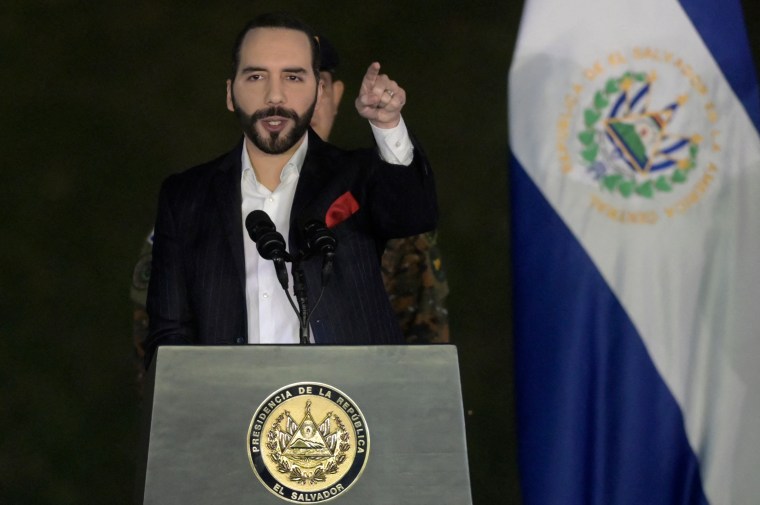New York, April 7, 2022 – El Salvador lawmakers should repeal new legislation that criminalizes reporting on gangs, and should allow the press to cover issues of public interest freely, the Committee to Protect Journalists said Thursday.
“As journalists and press freedom organizations have feared, Salvadoran authorities are using the country’s state of emergency as an excuse to override fundamental human rights and outlaw critical investigative journalism,” said CPJ Latin America and the Caribbean Program Coordinator Natalie Southwick. “The newly enacted law barring reporting on gangs shows that the Salvadoran government is more focused on silencing the press than addressing the ongoing crisis. This law sets a truly dangerous precedent and should be repealed at once.”
The legislation, which was passed by El Salvador’s National Assembly on Tuesday, April 5, and entered into law on Wednesday, amends the country’s penal code to impose prison sentences of 10 to 15 years for anyone involved in the creation of visual content that refers to criminal groups or transmits threats, and states that the penalties also cover radio, television, written, and digital media outlets that “reproduce or transmit messages or statements originating or presumably originating from said criminal groups,” if those messages “could produce anxiety or panic,” according to news reports, a statement by the Salvadoran Journalists’ Association, and the text of the legislation.
In response to a wave of violence that saw dozens of people killed in one weekend, Salvadoran lawmakers on March 27 approved a 30-day state of emergency that suspended constitutional rights including freedom of assembly and due process, and has granted authorities broad powers to arrest hundreds of people without evidence, and hold suspects for up to 15 days without charges.
